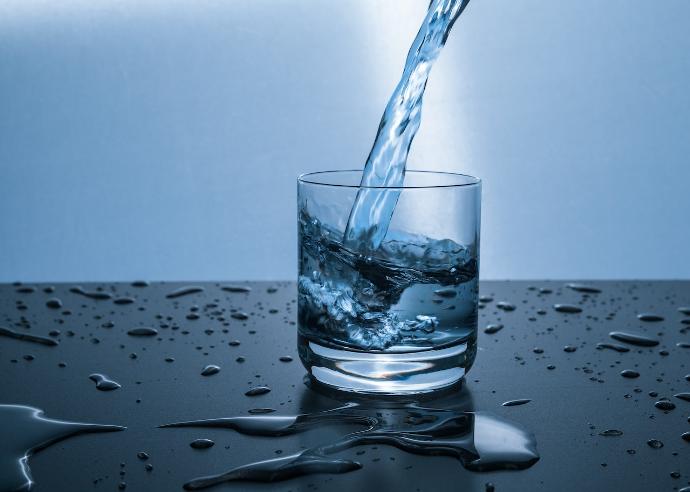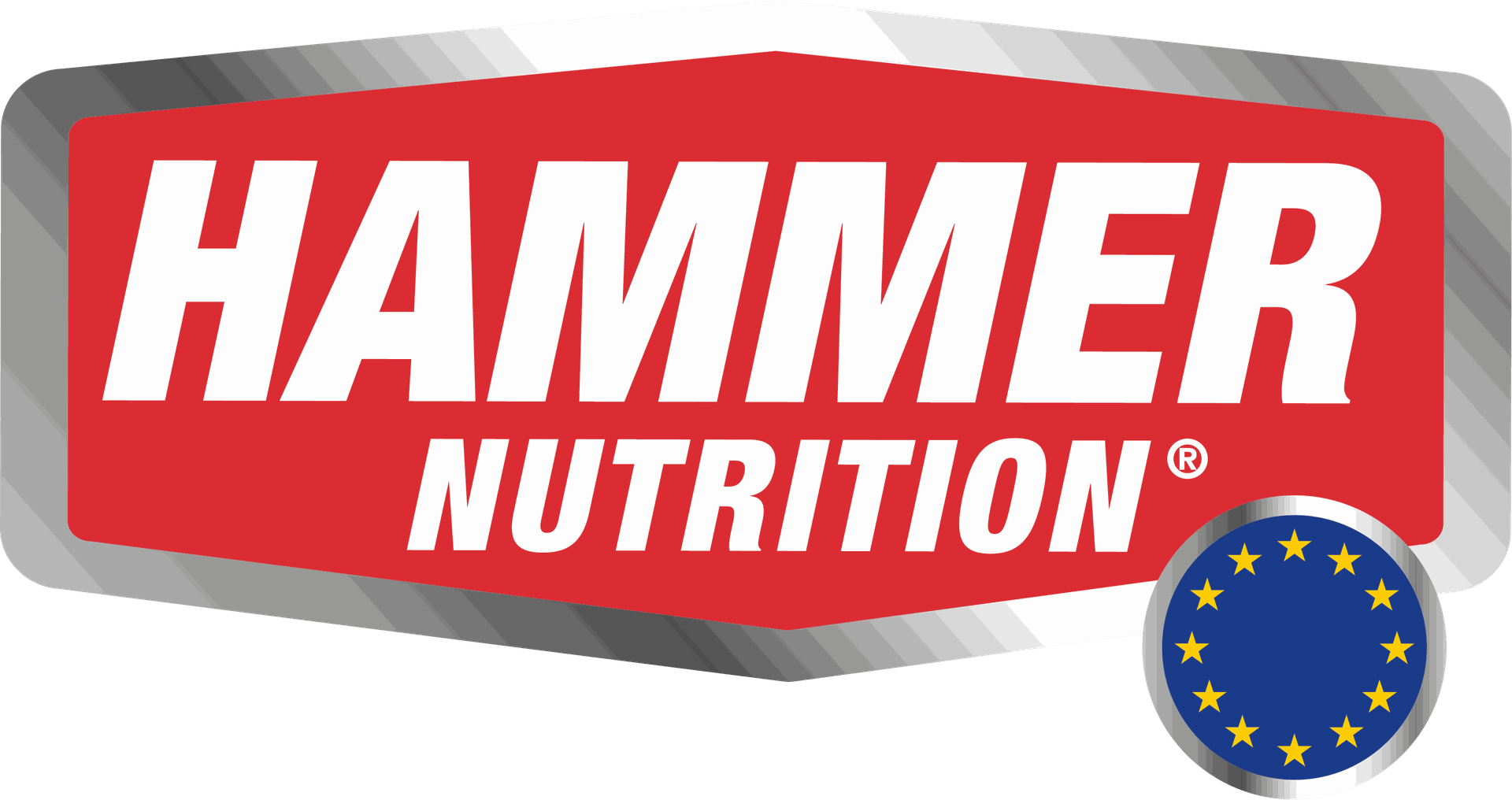The Importance of Electrolyte Balance: How Sodium Helps

Electrolyte balance is crucial for maintaining proper bodily function, and one of the most important electrolytes is sodium. In this article, we'll explore the importance of electrolyte balance and how sodium helps to maintain it.
Key Takeaways
- Electrolyte balance is crucial for overall health and well-being.
- Sodium is one of the most important electrolytes in the body, helping to regulate fluid levels and nerve and muscle function.
- Consuming too much or too little sodium can lead to health problems, so it's important to maintain a proper balance.
- Limiting sodium intake, staying hydrated, eating potassium-rich foods, and exercising regularly are all important for maintaining electrolyte balance.
- Proper electrolyte balance can help to prevent dehydration, muscle cramps, and other health problems.
Introduction
Electrolytes are essential for the normal functioning of the human body, playing a vital role in various bodily functions. Electrolytes include sodium, potassium, magnesium, chloride, and calcium. Maintaining the proper balance of these electrolytes is crucial for maintaining healthy bodily function. In this article, we'll focus on the importance of electrolyte balance and how sodium helps to maintain it.
What are electrolytes?
Electrolytes are substances that dissociate into ions in water and can conduct electricity. They are essential for proper functioning of cells and organs and are crucial in regulating the body's fluid balance, nerve function, and muscle function.
The importance of electrolyte balance
Maintaining proper electrolyte balance is critical for maintaining healthy bodily function. An electrolyte imbalance can lead to various health problems, including dehydration, muscle cramps, irregular heartbeat, and seizures. Electrolyte imbalances can occur due to various factors, including dehydration, excessive sweating, kidney disease, and certain medications.
Sodium: a vital electrolyte
Sodium is one of the most essential electrolytes in the body, playing a crucial role in regulating the body's fluid balance, nerve function, and muscle function. Sodium is also essential for maintaining blood pressure and pH balance.
Did you know? Sodium and salt are often thought to be the same, but they’re not exactly. Sodium is a mineral that occurs naturally in foods or is added during manufacturing or both. Table salt is about 40% sodium and 60% chloride. (Source: https://www.heart.org/en/healthy-living/healthy-eating/eat-smart/sodium/sodium-sources)
Sodium's role in fluid balance
Sodium helps regulate the body's fluid balance by controlling water movement across cell membranes. When sodium levels are low, the kidneys conserve sodium and excrete more water, helping to maintain fluid balance. When sodium levels are high, the kidneys excrete more sodium and retain more water, helping to maintain fluid balance.
This process of fluid balance regulation is crucial for proper bodily function, as the body needs to maintain a certain level of hydration to carry out essential processes. Electrolyte imbalances, including sodium-related ones, can disrupt this delicate balance and lead to health problems.
Interestingly, research has also shown that the role of sodium in fluid balance may have implications for athletic performance. A study published in the Journal of Athletic Training found that consuming a sodium-containing sports drink before and during exercise can help to maintain fluid balance and improve endurance performance in athletes.
It's important to note that while sodium is important for maintaining fluid balance, it's just one of several electrolytes that play a role in this process. Other important electrolytes include potassium, magnesium, and calcium. Eating a balanced diet rich in various fruits, vegetables, and other nutrient-dense foods can help ensure that your body is getting all of the electrolytes it needs to function properly.
Sodium's role in nerve function
Sodium is crucial for proper functioning nerve cells, which use sodium ions to generate electrical impulses. These electrical impulses are then transmitted to other nerve cells and muscles, allowing communication and movement throughout the body.
When sodium levels are low, nerve function can be impaired, leading to neurological problems. Symptoms of low sodium levels, or hyponatremia, can include headache, nausea, confusion, seizures, and even coma in severe cases.
On the other hand, consuming excessive amounts of sodium can also negatively affect nerve function. A study published in the journal Hypertension found that high sodium intake was associated with impaired cognitive function in older adults. Additionally, some research suggests that high sodium intake may increase the risk of developing Alzheimer's disease.
Maintaining proper electrolyte balance, including sodium, promotes optimal nerve function and prevents related health problems. Eating a balanced diet rich in nutrient-dense foods ensures your body gets all the electrolytes needed to function properly. Regular exercise, staying hydrated, and managing stress can also help to support nerve health.
Sodium's role in muscle function
Sodium is crucial for proper muscle function as well. Muscle cells use sodium ions to generate the electrical impulses that trigger muscle contractions. Muscle function can be impaired without sufficient sodium, leading to weakness and fatigue.
Sodium is particularly important for athletes and active individuals, as it plays a crucial role in muscle contraction and relaxation. Low sodium levels can lead to muscle cramping and decreased athletic performance.
On the other hand, excessive sodium intake can also negatively affect muscle function. A study published in the journal Nutrients found that high sodium intake was associated with decreased muscle strength and power in healthy young adults.
To support muscle function and prevent related health problems, it's important to maintain proper electrolyte balance, including sodium. A balanced diet rich in fruits, vegetables, and lean protein sources can ensure that your body gets all the necessary nutrients, including electrolytes, to support optimal muscle function. Staying hydrated and incorporating regular physical activity into your routine can also help to support muscle health.
How much sodium do we need?
The daily recommended sodium intake varies depending on age, sex, and other factors. According to the American Heart Association, the recommended sodium intake for most adults is no more than 2,300 milligrams per day. However, some individuals, such as those with high blood pressure or kidney disease, may need to limit their sodium intake further.
The dangers of too much sodium
While sodium is essential for proper bodily function, too much sodium can be harmful. Excessive sodium intake has been linked to high blood pressure, which can increase the risk of heart disease and stroke. It can also lead to fluid retention, causing swelling in the legs, breathing difficulties, and increased blood pressure. Additionally, consuming high amounts of sodium can negatively affect the kidneys and bones.
A study published in the New England Journal of Medicine found that reducing sodium intake by just 1,000 milligrams per day can significantly lower blood pressure and reduce the risk of heart disease and stroke. The American Heart Association recommends that adults consume no more than 2,300 milligrams of sodium per day and ideally less than 1,500 milligrams per day for optimal heart health.
It's essential to be mindful of sodium intake and choose low-sodium options when possible. Eating a diet rich in fruits, vegetables, whole grains, and lean proteins can help to lower sodium intake and promote overall health. Staying hydrated and exercising regularly can also help to maintain electrolyte balance and prevent health problems related to sodium and other electrolytes.
How to maintain electrolyte balance
Maintaining proper electrolyte balance is essential for overall health and well-being. Here are some tips for maintaining electrolyte balance, specifically about sodium:
- Limit your sodium intake: The easiest way to maintain electrolyte balance is to limit your sodium intake. This can be done by avoiding processed foods, often high in sodium, and using herbs and spices to flavor foods instead of salt.
- Bleiben Sie hydriert: Die richtige Flüssigkeitszufuhr ist entscheidend für die Aufrechterhaltung des Elektrolytgleichgewichts. Stellen Sie sicher, dass Sie den ganzen Tag über viel Wasser trinken, insbesondere wenn Sie schwitzen oder Sport treiben.
- Eat potassium-rich foods: Potassium is another important electrolyte that works in conjunction with sodium. Eating potassium-rich foods, such as bananas, sweet potatoes, and spinach, can help to maintain electrolyte balance.
- Exercise regularly: Exercise is a great way to maintain electrolyte balance, as it helps to regulate fluid levels in the body. Just drink plenty of water before, during, and after exercise to stay hydrated.
Conclusion
In conclusion, maintaining proper electrolyte balance is essential for overall health and well-being, and sodium plays a crucial role in maintaining that balance. Limiting your sodium intake, staying hydrated, eating potassium-rich foods, and exercising regularly can help maintain electrolyte balance and promote optimal health.
FAQs
Can low sodium levels be harmful?
Yes, low sodium levels can be harmful and can lead to various health problems, including dehydration, muscle cramps, and neurological problems.
How can I tell if I'm getting too much sodium?
One sign of excessive sodium intake is bloating or swelling, especially in the legs and feet. High blood pressure is another common symptom of excessive sodium intake.
Are there any health benefits to consuming sodium?
Yes, sodium is essential for maintaining proper bodily function and can provide health benefits when consumed in moderation.
Can I get enough sodium from my diet without adding salt to my food?
Yes, most people can get enough sodium from their diet without adding salt to their food. Processed foods are often high in sodium, so it's important to read food labels and choose low-sodium options whenever possible.
What are some other electrolytes besides sodium?
Other electrolytes include potassium, magnesium, chloride, and calcium, among others.







![[HBA24-BOX] Hammer Energy Gel - Easy Energy During Exercise (Apple - Cinnemon, (24 x 1) BOX)](/web/image/product.product/811/image_256)
![[TTCAP] Hammer Nutrition Technical Trucker BOCO Cap](/web/image/product.product/3843/image_256)